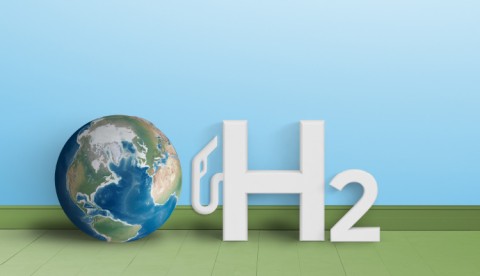When war erupted between Ukraine and Russia, corporate leaders, government officials, and military experts from the West were up in arms, revved up to support Ukraine in pushing Russian troops out of the country. Yet, as the war brews on, another group of activists, policymakers, and concerned global citizens have also sounded the alarm, feminists.
This war, just like any other conflict from ancient to modern history, has forced women to suffer from its consequences a whole lot more than their male counterparts. Women both inside and outside of the Ukraine conflict zone, including refugees, have had to bear the burden of this ongoing conflict as it continues without even the slightest sign of a peaceful settlement. Homes where women are the main bread earners and single mothers in Ukraine have had to suffer the most. A report from UN Women states that the “effects have been particularly negative for single mothers and women-headed households – in Ukraine women comprise more than 70% of heads of households – especially those with less diversified sources of income or that are dependent on one income. In Europe, some estimates show that living in energy poverty was more likely to affect women and single-parent families because of their lower average income, which is the case in Ukraine where women make up 92.2% of single parents. Of the 5.6 million European households experiencing a lack of access to modern energy services in 2017, it was estimated that 38% were women-headed households.”
The story of Ukraine is one that is constantly being told and, as a matter of fact, in this world, there is not just one Ukraine, but many. And with many Ukraines, come many victims who are “guilty” of no other “crime” other than not being male.
The plight of women goes beyond just daily developments in territorial conflicts, but the long-term effects of corruption, and internal strife between ethnic and religious groups within the same country, especially in some places in Africa, a continent that is rich with a profuse amount of natural resources and yet suffers from the worst in energy poverty seen all over the world. As highlighted in the study titled Women and children living in Areas of Armed Conflict in Africa: a geospatial analysis of Mortality and Orphanhood: “African women of childbearing age are at a substantially increased risk of death from nearby high-intensity armed conflicts. Children exposed to conflict are analogously at increased risk of becoming orphans. This work fills gaps in literature on the harmful effects of armed conflict on non-combatants and highlights the need for humanitarian interventions to protect vulnerable populations.”
These existing conditions in regions such as sub-Saharan Africa and Southeast Asia are due to the inability of global organizations and policymakers to enforce international laws to ensure political stability within these regions while ensuring equal access for women to food, shelter, and the necessary energy resources needed for basic survival.
With war-mongering and financial gain dictating foreign policies and politics, insufficient attention is given to the potential that sustainability can create to alleviate the suffering of women and children. “According to the World Health Organization, 3.2 million people worldwide, disproportionately women and children, die prematurely every year from illnesses attributable to household air pollution caused by cooking and heating with inefficient and polluting fuels and technologies, compromising sustainable development and entrenching gender inequalities,” according to the UN Women study.
Swimming against the merciless tides of inequality and oppression caused by patriarchal social norms and the ravages of war, women are in need of both protection and empowerment more than ever before, due to their vulnerability to the negative consequences of global crises. Embracing policies that protect women are essential not only as a fundamental pillar of social justice but also in securing the future prosperity of the next generation of humanity since the role of women is essential for raising tomorrow’s leaders, politicians, activists, and business cadres. Though conditions may currently seem dismal, the modern age offers new opportunities to set the foundations for a better future by exploring how women and all those who are vulnerable can be made immune from the negative impacts of global crises and political strife. For the first in history, platforms can be established and these issues can be addressed with an open mind as long as those in political leadership are ready to ensure that civil rights are protected on a national and international level. The efforts of activists and global leaders have turned women empowerment from being a just cause to an international law with the potential to be enforced on a global level.
With the new push for women’s empowerment, there is light at the end of the tunnel. Though a lot of work is yet to be done, humanity has taken its first step on the long and arduous path of establishing social justice for women and victims of global conflict.








